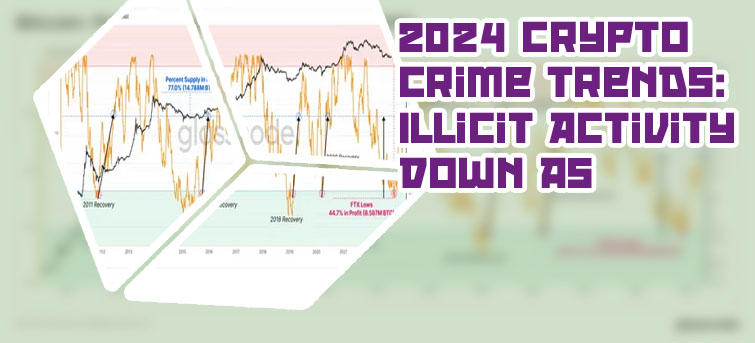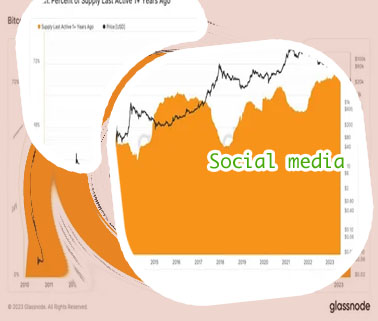
Bitcoin one percent all circulating coins
B. Do quantitative easing and tightening make a difference in cryptocurrency markets?
Cryptocurrency users send funds between digital wallet addresses. These transactions are then recorded into a sequence of numbers known as a “block” and confirmed across the network. Blockchains do not record real names or physical addresses, only the transfers between digital wallets, and thus confer a degree of anonymity on users. Some cryptocurrencies, such as Monero, claim to provide additional privacy. However, if the identity of a wallet owner becomes known, their transactions can be traced. Bitcoin one percent controls circulating study Bitcoin halving refers to the splitting of block rewards into half to mean that miners’ reward for discovering a block is reduced by half. Halving exists to lower Bitcoin’s inflation rate and the rate at which new Bitcoins are released into circulation, keeping the price of Bitcoin stable. The halving event happens after every 210,000 blocks have been mined, which is roughly after every four years. The number of Bitcoins in circulation is calculated by the halving theory laid out by Satoshi Nakamoto in the Bitcoin protocol.
Bitcoin percent controls circulating coins study
A Bitcoin wallet isn't something a person can tuck into a purse or back pocket. Rather, Bitcoin wallets are digital accounts that enable a user to access, store, buy, exchange, send, and receive cryptocurrency. The number of Bitcoin wallets out there provides some insight into the trading volume of the cryptocurrency. What percentage of wealth is Bitcoin? I imagine those "early miners" are the ones who keep pushing all the bitcoin / altcoin stories we see here on Slashdot day after day, week after week. They're really hoping they can turn all that wasted electricity from past years into large amounts of real money someday.

View our Vacancies
An altcoin is any cryptocurrency that is not Bitcoin. The word "altcoin" is short for "alternative coin", and is commonly used by cryptocurrency investors and traders to refer to all coins other than Bitcoin. Thousands of altcoins have been created so far following Bitcoin’s launch in 2009. Projected Bitcoins Short Term Currently, bitcoin miners receive 6.25 bitcoin for each block they successfully mine. This means their computer had the right amount of computing power needed to solve the cryptographic puzzles that secure the bitcoin network and prevent it from being compromised by malicious actors.
Bitcoin one percent controls circulating study
Bitcoin's percentage of all money is much lower than you might expect. On Sep. 10, 2023, the value of all bitcoins was 0.11% of all money. Bitcoin's theoretical roots and ideology In December 2013, the People's Bank of China prohibited Chinese financial institutions from using bitcoin. After the announcement, the value of bitcoin dropped, and Baidu no longer accepted bitcoins for certain services. Buying real-world goods with any virtual currency had been illegal in China since at least 2009.
